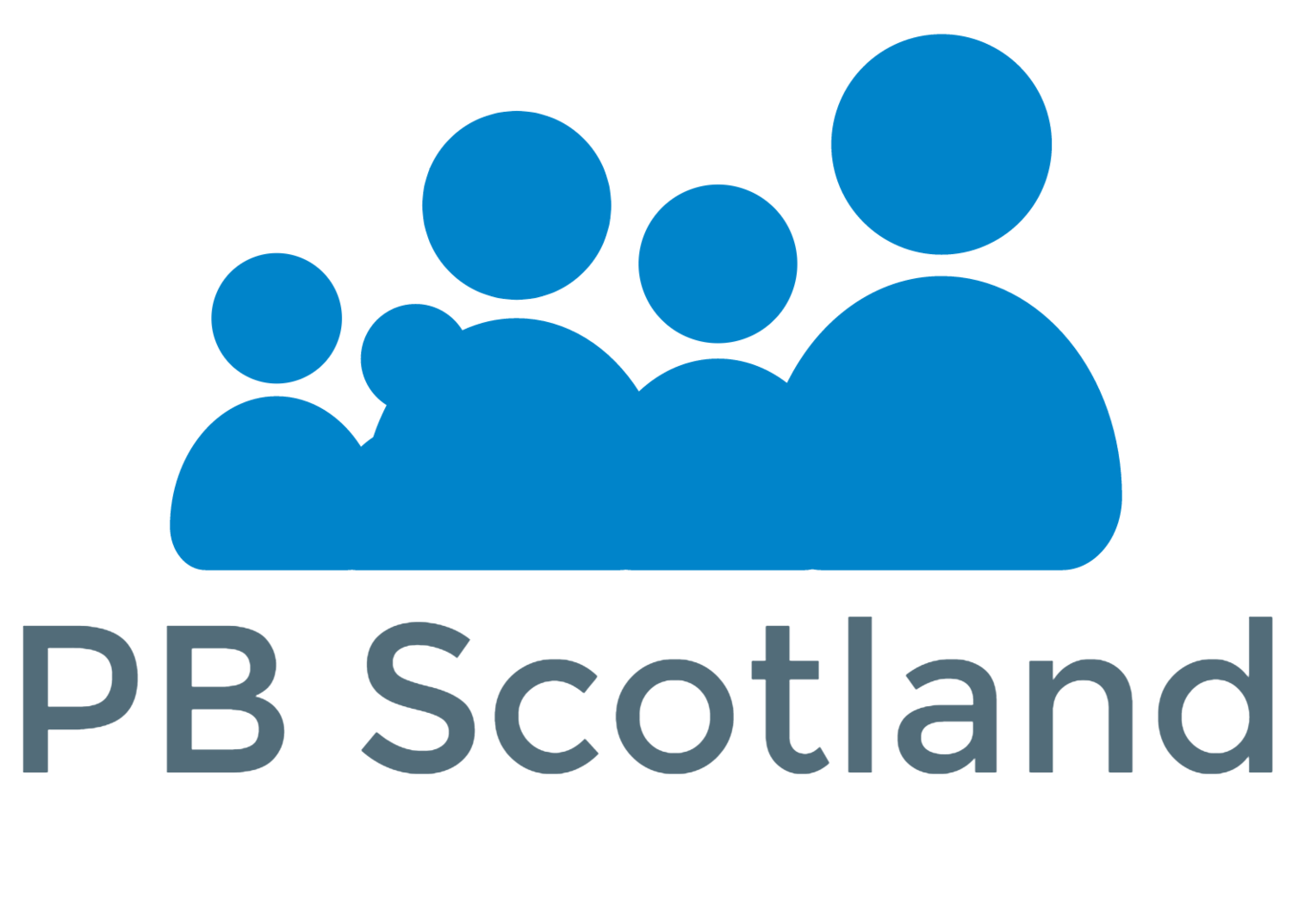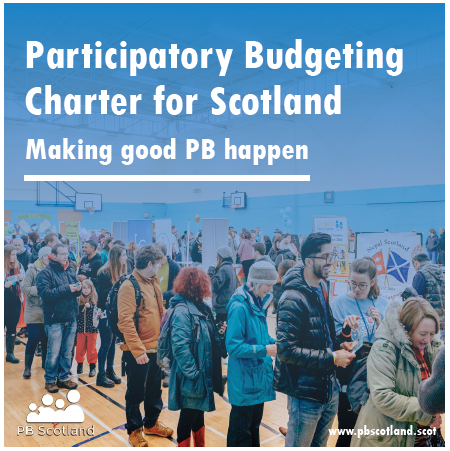PB and Community Led Local Development Funding
/A short case study from the Outer Hebrides Community Led Local Development Local Action Group
Authors: Mira Byrne, Community Led Local Development Coordinator and Dawn Brown
In 2023, PB Scotland were delighted to learn that the Outer Hebrides Community Led Local Development Local Action Group (CLLD LAG) were exploring the use of PB as a means of distributing some of their funding.
CLLD is a Scottish Government scheme that builds on the legacy of the Scottish Government and European funded rural LEADER programme and is administered in 20 rural areas via Local Action Groups. Please see the Scottish Rural Network article here for more information on CLLD.
The Outer Hebrides LAG chose to make £25,000 of their allocation available as small grants funding for local organisations to bid into, with a maximum request of £2,500.
The press release at the time of launch stated:
“In a first for the OH CLLD LAG, this fund will trial Participatory Budgeting (PB) to award funding. This means that the LAG will only check applications for eligibility and all projects found to be eligible will then proceed to a public vote. Funding will then be awarded starting with the project that received the most votes until the full budget has been allocated, making the fund truly community-led.”
The specific criteria for applications were developed by the LAG to fit criteria set by the Scottish Government and to meet local needs.
The LAG requested that to apply, projects must evidence that they:
have a community benefit
benefit their local area;
are achievable within the set timescale;
advance inclusion, equality and diversity; and
align with at least one of the following Scottish Government CLLD priorities for 2023/24:
Helping families and services through the cost-of-living crisis;
Eradicating child poverty; and
Transforming the economy to deliver Net Zero.
As with many funds, there was a challenge for the timeline, as all allocated monies required to be spent and activity completed by 31st March 2024.
Planning
Initially, as is often the case for a new approach, the number of applications were lower than hoped for, and the deadline for applications was extended. At the extended closing date, the LAG had enough applications for a competitive PB process to go to a public vote, with 20 projects and a total request of almost £38,000 passing the initial scrutiny.
The public vote dates were advertised, taking account of dates that might impact voter numbers such as school holidays and the Royal National Mòd. Due to the huge geographic area covered by Outer Hebrides CLLD and the rural nature of the islands, the public vote was held exclusively online. Due to their good working relationship with Comhairle nan Eilean Siar (the Comhairle), the Local Authority, the LAG were lucky to be able to avail themselves of the Comhairle’s IT systems, which enabled them to set up an online page to advertise projects and collated votes as they came in. Once all the parameters had been agreed and systems put in place, the fund was widely advertised via press releases, emails, social media posts and even a short interview on Radio nan Gàidheal.
Voting
Voting was a huge success with just short of 2,000 votes cast. However, the LAG faced a serious challenge just as everything seemed on track, as the Comhairle became victim of a cyber attack in November 2023, the weekend the voting closed. Taking a pragmatic approach, the LAG agreed to use the last-downloaded information so as not to impact too heavily on delivery timelines. Ultimately, there were 11 projects successful in securing funding. The successful projects were themed around befriending, meals on wheels, youth, community activities, older people and bring-the-whole-community-together ceilidhs and celebrations.
Feedback
Feedback from groups was very positive and several enquiries have since been received about future rounds of the Small Grants Scheme. Even applicants who fell short during the vote were very accepting, often pointing to their lack of advertising and active engagement as a reason for the low number of votes received. LAG members, several of whom had expressed doubts during the early discussions about PB, were impressed by the process and reassured that it led to fair outcomes.
There was no evidence of groups in larger settlements or with a large number of supporters faring better than their smaller, more remote counterparts, possibly due to employing scatter voting which meant that each voter had to cast five votes.
Indeed, the LAG are so excited about the outcome and the truly community-led element this introduced to their programme, that they are considering using PB again to allocate some of this year’s funds and definitely intend to build it into future programmes.
For further information on future rounds and developments click here.












